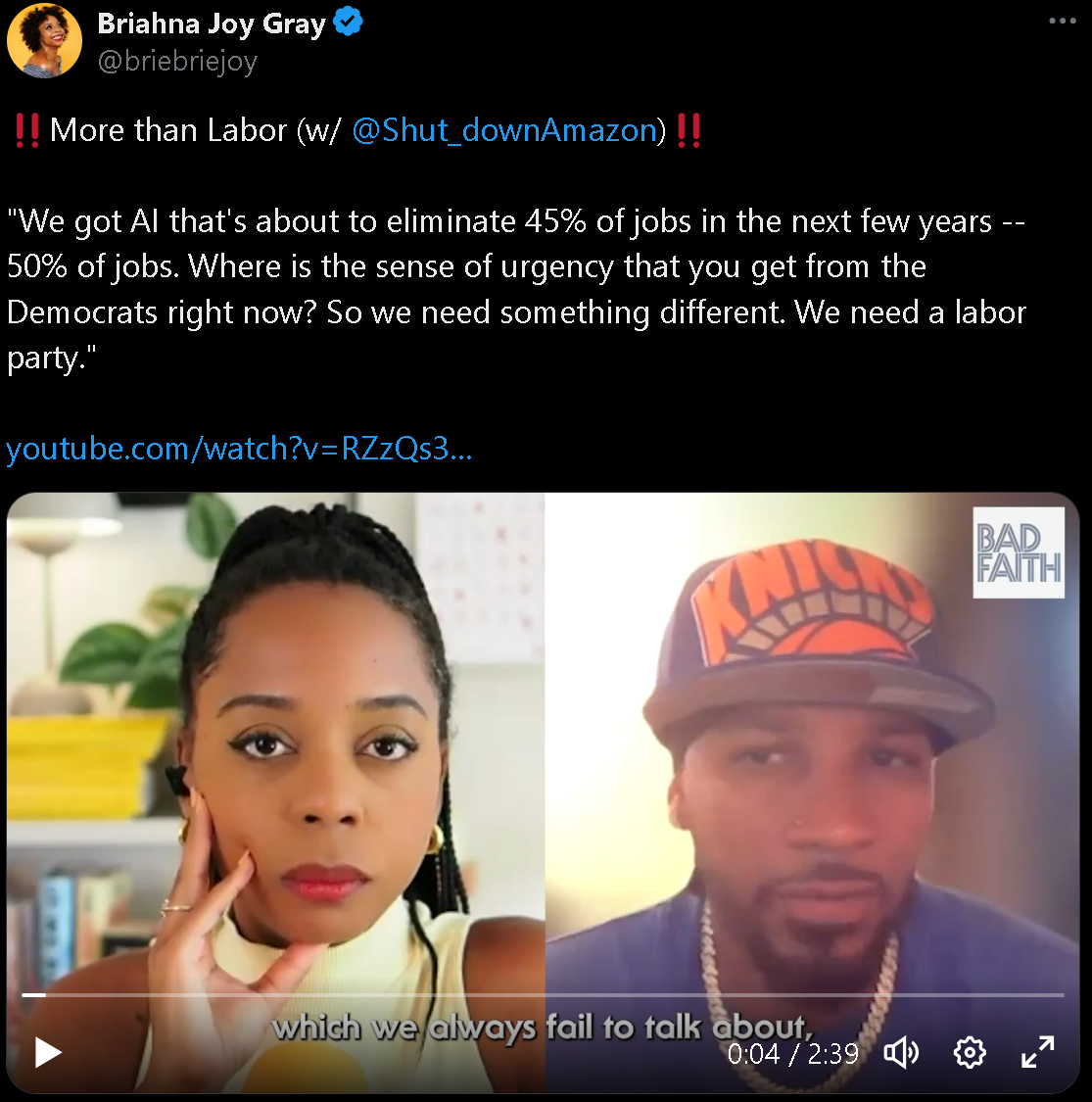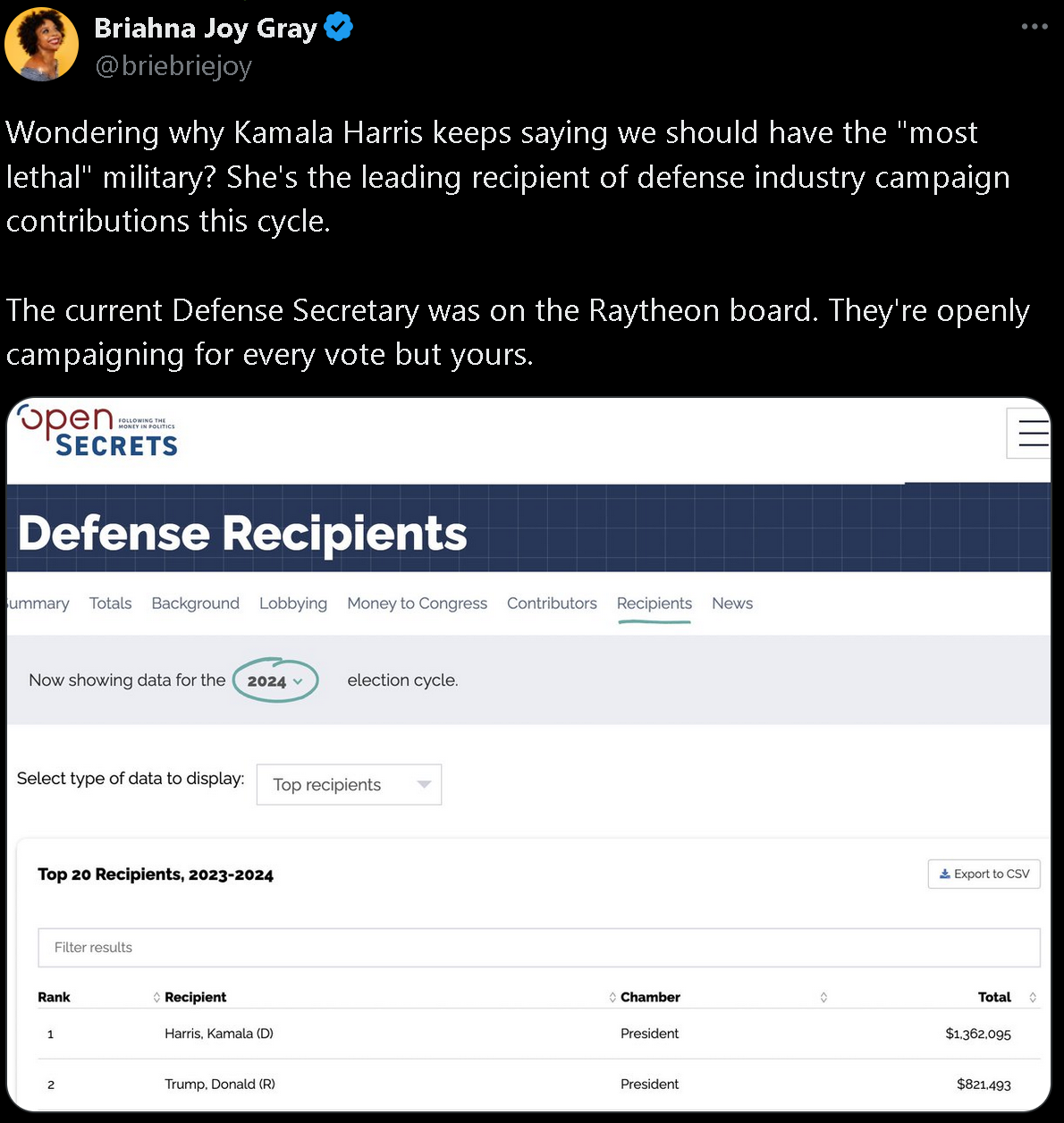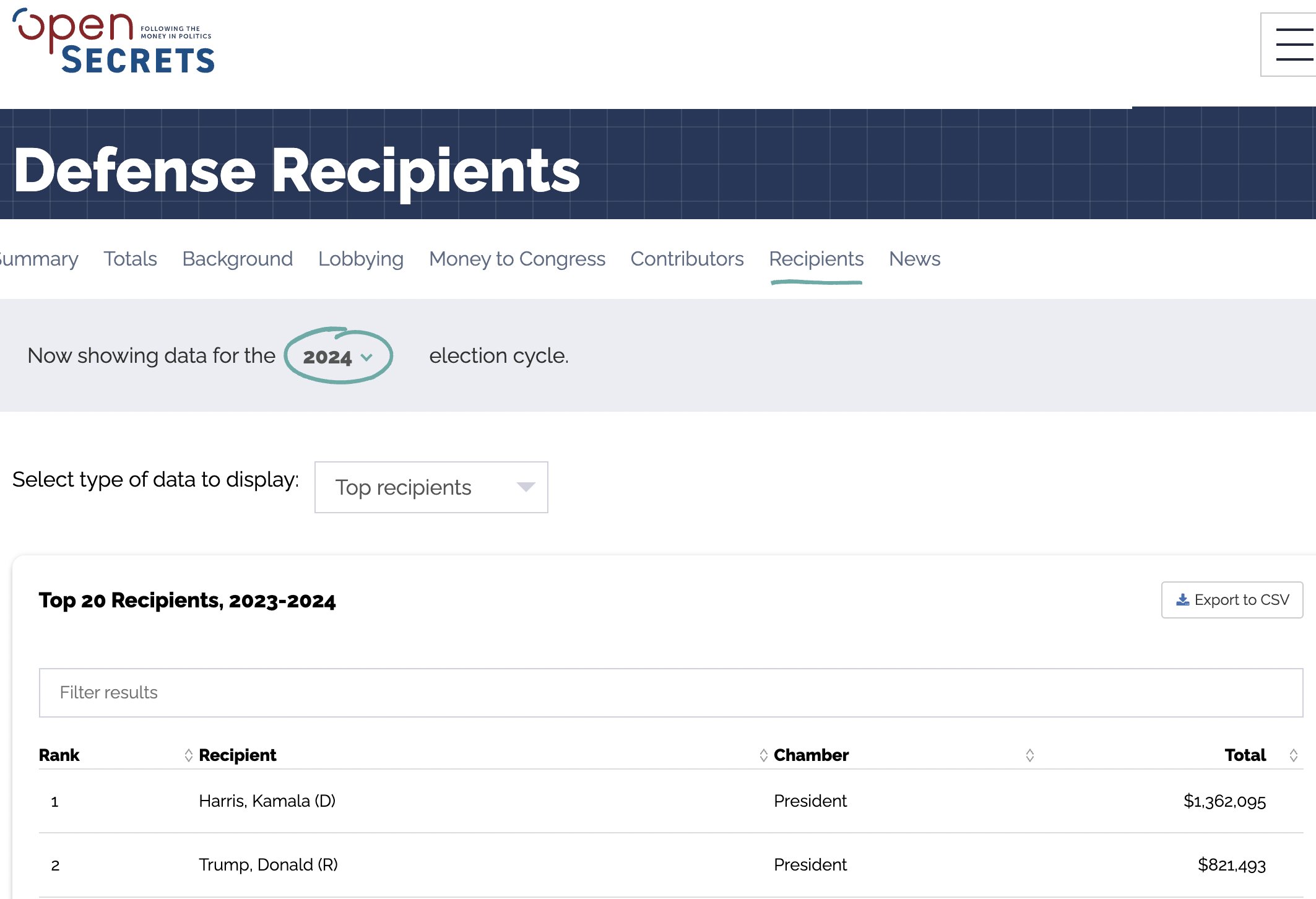Introduction to Current Events
- The discussion opens with references to two significant topics currently trending on the internet, one being an article about Matt Iglesias and the other concerning a tweet about the CEO of United Healthcare.
- The speaker indicates that the article criticizing Iglesias has garnered substantial support from the public, although Iglesias himself does not share this sentiment.
- The speaker also addresses backlash received over a tweet that commented on the death of the United Healthcare CEO, Brian Thompson, which has sparked controversy and discussion online.
Commentary on Brian Thompson's Death
- The speaker reflects on the nature of life advice, suggesting that individuals should aim to live in a way that leaves a positive impact on others, contrasting this with the public's reaction to Thompson's death.
- The speaker notes that many people did not express sadness over Thompson's death, attributing this to the suffering inflicted by his actions and the operations of United Healthcare.
- The discussion highlights a stark difference in public sentiment, where reactions to Thompson's death included laughter and celebration rather than mourning, leading to a broader commentary on the morality of individuals in positions of power.
- The speaker mentions the social media backlash, particularly on platforms like Facebook, where comments celebrating Thompson's death were so numerous that they prompted United Healthcare to disable comments on their posts.
Public Sentiment Toward Health Insurance Companies
- The conversation shifts to the broader public sentiment regarding health insurance companies, particularly focusing on the negative experiences shared by individuals who have dealt with United Healthcare.
- The speaker emphasizes that many people have personal horror stories about their interactions with health insurance, highlighting the frustrations and challenges they face when seeking care.
- Comments from various individuals illustrate the widespread dissatisfaction with the practices of private insurance companies, which often prioritize profit over patient care.
- The speaker argues that the negative public perception of United Healthcare is not solely a product of leftist sentiment but reflects a genuine frustration shared by many Americans who have suffered due to the company's policies.
Critique of Ben Shapiro's Reactions
- The speaker discusses Ben Shapiro's reaction to the public sentiment surrounding Thompson's death and the implications of his comments about socialist leeches, questioning the sincerity of Shapiro's outrage.
- The dialogue touches on Shapiro's longstanding avoidance of direct debate with the speaker, suggesting that his criticisms stem from an inability to engage with the arguments presented.
- The speaker clarifies that their position is not one of celebrating death, but rather a commentary on the moral implications of a person's life choices and their impact on public perception.
Discussion on the Nature of Political Commentary
- The conversation transitions to a critique of Matt Iglesias, focusing on his influence within Democratic circles and the problematic nature of his analyses.
- The speaker argues that Iglesias's commentary often lacks depth and dismisses the concerns of those who disagree with him, which can be detrimental to political discourse.
- The discussion includes a critique of Iglesias's tendency to portray himself as a rational thinker while undermining the emotional responses of others, particularly those advocating for more progressive policies.
- The speaker expresses concern that Iglesias's approach contributes to a culture of elitism within political commentary, where dissenting opinions are marginalized.
The Role of Social Media in Shaping Public Discourse
- The role of social media in amplifying public sentiment is discussed, highlighting how platforms like TikTok and Twitter have become spaces for collective expression of frustration towards health insurance practices.
- The speaker notes that many comments reflect a shared understanding of the struggles faced by individuals in dealing with health insurance companies, indicating a broader societal issue rather than isolated incidents.
- The dialogue emphasizes that the responses to Thompson's death are not merely political but represent a genuine outcry against systemic injustices perpetuated by the health insurance industry.
- The speaker concludes that the public's reaction is rooted in real experiences and frustrations, challenging the notion that these sentiments are simply the result of leftist trolling.
Current Affairs editor & chief and co-author of new book, The Myth of American Idealism with Noam Chomsky, Nathan Robinson, returns to Bad Faith to discuss his latest takedown piece -- this time of Slow Boring centrist writer Matthew Yglesias. But first, Nathan addresses taking heat for his take on health insurance CEO Brian Thompson's assassination, & Brie makes Nathan do unpaid labor as her therapist.





